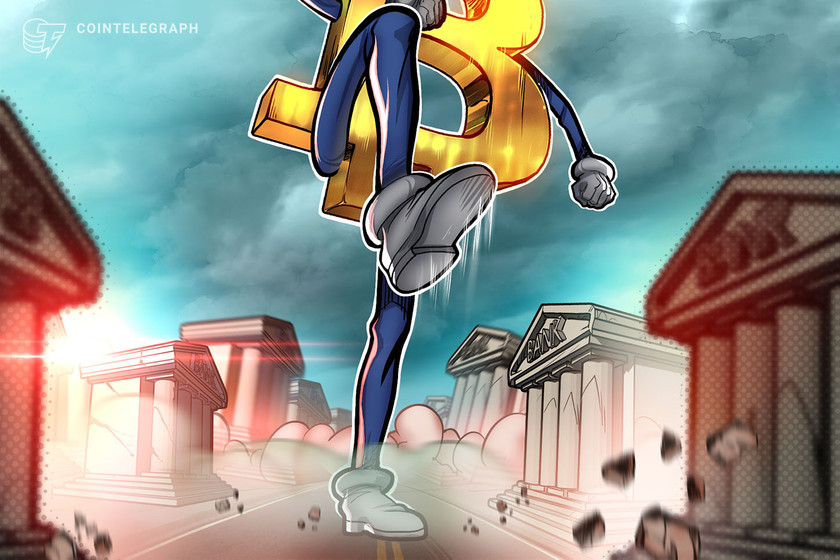‘I’m a big fan’: Cantor Fitzgerald CEO praises Tether and Bitcoin


Cantor Fitzgerald has been managing Tether’s now $90 billion Treasury portfolio since late 2021.
Howard Lutnick, the CEO of Wall Street firm Cantor Fitzgerald, has praised USDT stablecoin issuer Tether, describing himself as a “big fan” of the firm.
“I’m a big fan of this stablecoin called Tether…I hold their treasuries. So I keep their treasuries, and they have a lot of treasuries,” Lutnick said in a Dec. 11 interview with CNBC.
“They’re over $90 billion now, so I’m a big fan of Tether,” the Cantor Fitzgerald CEO said.










